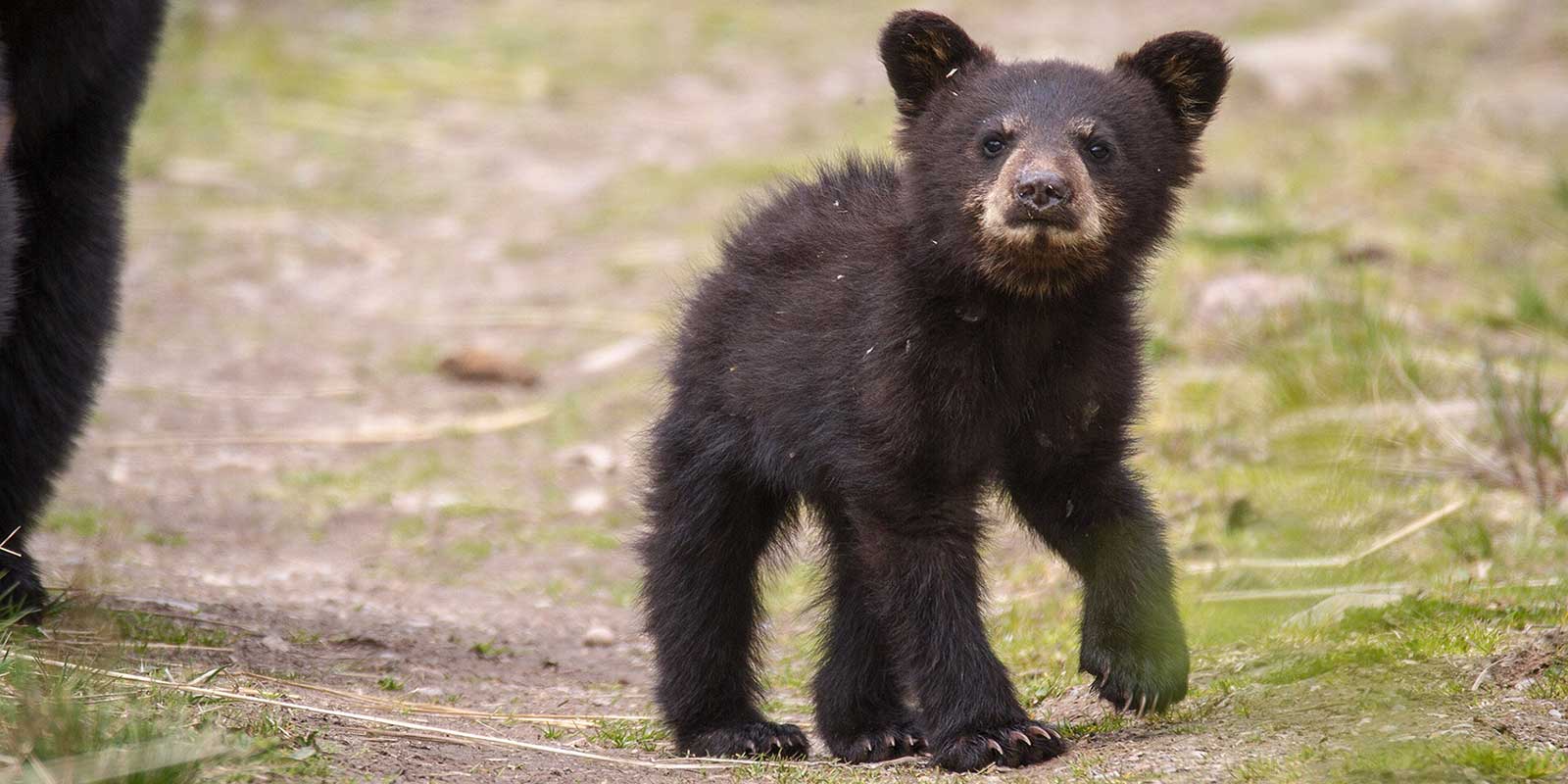How to be bear aware in Sonoma County Regional Parks
By Sheila Murphy
Black bears are an increasing presence in Sonoma County, including its regional parks. This knowledge should not cause fear, but rather, a desire for a better understanding of how to keep both humans and bears safe. Here are tips and facts that will help you share the parks with bears.
Don’t create a nuisance
A bear’s sense of smell is seven times stronger than a bloodhound’s and 2,100 times stronger than a human’s. Bears generally are not a threat to humans or pets, but they can be attracted to human areas by food, garbage, toiletries or anything with a scent. Bears exposed to human attractants can become habituated to our presence, and any wild animal that feels comfortable near people can pose problems and be at risk of removal and euthanasia. It’s up to people to make sure conflicts are not created.
Attacks are rare
On average, there is one fatal black bear attack in the United States each year. Bears are shy and avoid conflict, although they can act defensively if given no other option. Bears that have close contact with humans and human food are more likely to act aggressively - especially when food is involved. If a black bear attack were to occur, it is best to fight back. Playing dead is not an appropriate response with black bears.

If you see a black bear on a trail
If you are lucky enough to see a bear out on the trails in Sonoma County, be sure to enjoy this rare moment, but keep yourself and the bear safe.
- Give the bear plenty of space and avoid surprising it
- Do not run
- Speak calmly to let the bear know you are there
- Avoid eye contact, which a bear can perceive as a threat
- Back away slowly
- Don’t climb a tree
- Avoid dropping food or giving the bear access to a backpack
- Leave the area or take a detour
- Report your sighting to park staff
We don’t recommend Sonoma County hikers carry bear spray because local black bears do not pose the same safety concern as grizzly bears.
Keep dogs on leash
A study found that nearly half of bear attacks in North America involved a dog. Off-leash dogs may chase a bear and cause the bear to defend itself, and things can get serious when humans try to defend their pet or a dog runs back to its owner with a bear in pursuit.
Be bear aware while camping
Keep a clean campsite by securing trash in park garbage bins or packing out all trash and food scraps. Never burn scraps in your campfire. Keep food and scented items properly stowed in food lockers or bear-proof containers.
With their sense of smell and huge appetites, bears may consider any of the following items a meal: toiletries, trash, ice chests (even if empty), drinks, soap, sunscreen, bug spray, chapstick, canned goods, pet food or any other scented objects,
If you encounter a bear in a campground or developed arena, do not allow the bear access to food. Yell, bang pots and pans, act aggressively and make lots of noise to scare the bear away.
Fed bears are dead bears
Bears that gain access to human food lose their natural fear and are more likely to be targeted by poachers, are more likely to be hit by cars and are more likely to engage in behavior that leads to their euthanasia.

A bear-sized way to help
The bear population appears to be increasing in Sonoma County, which is a sign of a healthy ecosystem. We encourage everyone who recreates in the parks to be bear aware and help spread bear-aware messaging to others.
Co-existence is key. Sonoma County Regional Parks is updating its facilities with bear-proof trash cans, recycling bins and food lockers . Consider sponsoring one of these new amenities as a way to support local wildlife and parks.
To learn more about the characteristics and habits of local bears, read our blog post: A (brief) Natural History of Black Bears in Sonoma County.
The two wildlife camera photos above were taken at Hood Mountain Regional Park.
Sheila Murphy is a wildlife management technician with Sonoma County Regional Parks.
Published January 2023



 Translate
Translate